Israel ceasefire: Who are the first three Israeli hostages released by Hamas?
Romi Gonen was taken from the Nova music festival, Doron Steinbrecher and Emily Damari were taken from their homes in kibbutz Kfar Aza.
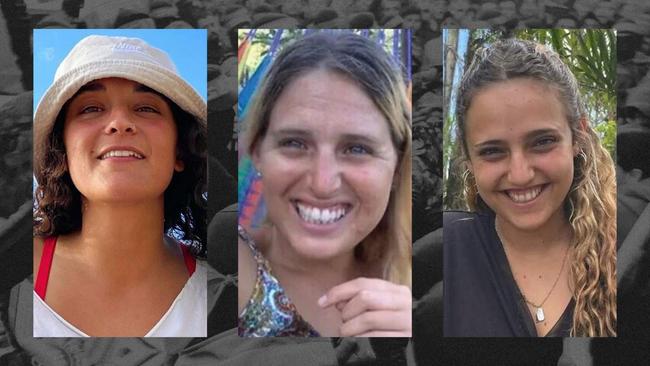
Israelis held their breath as three women hostages were released from the Gaza Strip, the first group to be freed as part of a fragile ceasefire agreement with Hamas that went into effect on Sunday.
The three women – all civilians – include Romi Gonen, a 24-year-old waitress who was taken from the Nova music festival in southern Israel; Doron Steinbrecher, 31, a veterinary nurse and Israeli-Romanian citizen who was kidnapped from her home in kibbutz Kfar Aza; and Emily Tehila Damari, 28, a British-Israeli citizen who was also taken from her home in Kfar Aza.
They’re home. 💛 pic.twitter.com/PHkJ3yZLrV
— Israel Defense Forces (@IDF) January 19, 2025
Their faces are well known in Israel, where posters calling for them to be brought home line streets, highways and bridges. In Tel Aviv, people gathered at a plaza dubbed Hostage Square holding pictures of the three women as they waited for word of their release and watched it live on a large screen. As footage of the women appeared on the screen, many in the crowd began to cry.
In return for the three women, Israel will release around 90 Palestinian prisoners, mostly women and minors from the Israeli-occupied West Bank.
The IDF releases footage showing the moment the Red Cross handed over hostages Romi Gonen, Emily Damari, and Doron Steinbrecher to special forces in the Gaza Strip. pic.twitter.com/8Ht21aXRfM
— Emanuel (Mannie) Fabian (@manniefabian) January 19, 2025
The release on Sunday afternoon is part of the first phase of the ceasefire deal that will result in a total of 33 Israeli hostages freed. Considered humanitarian cases, they include women, children, the elderly and injured, and dead bodies. If the ceasefire holds, more than 90 remaining hostages will be freed in a second phase of the deal, including Israeli soldiers and men of fighting age.
Hostages in Gaza have faced threats to their wellbeing including a lack of food and hygiene, psychological and physical abuse, and the risk of Israeli air strikes. Relatives of female hostages have also said they are especially worried about the possibility of sexual violence, something the U.N. has confirmed has taken place in the case of some hostages.
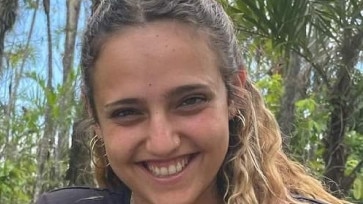
Romi Gonen: “They Are Shooting at Me”
Gonen was attending the Nova music festival in southern Israel with her best friend when militants attacked. “They are shooting at me,” she told her mother on a phone call, as gunshots sounded in the background. “Romi, I’m with you,” said her mother, Meirav Leshem Gonen, in a calm voice. “Everything is going to be ok.” But it wasn’t.
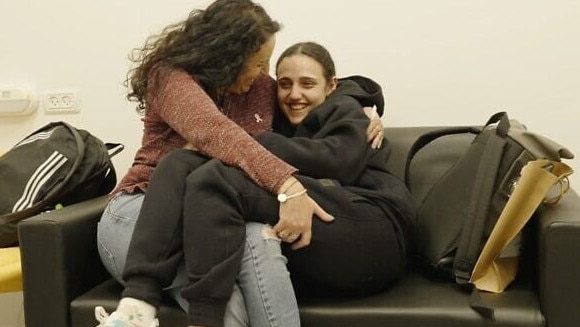
The two friends frantically ran between bushes as militants approached, according to Gonen’s father, who recalled his daughter’s ordeal to The Wall Street Journal. Militants shot at the car she was escaping in, leaving her friend dead and Gonen with a gunshot wound to her arm.
Meirav Leshem Gonen heard shouting in Arabic before the call was cut short – the last time she spoke to her daughter, who was seen wounded but alive in Gaza by hostages who were freed in an earlier deal with Hamas.
Gonen’s family has become one of the most prominent faces in Israel calling for a hostage deal. Her sister started a campaign to get people to wear leopard prints, which were Gonen’s favourite, to spread word of her plight.
Her father, Eitan Gonen, on Sunday recited a Jewish prayer in a post on Facebook. “Romi is coming home!” he wrote.
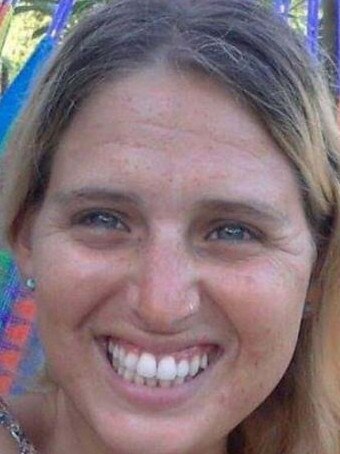
Doron Steinbrecher: “They Caught Me”
Steinbrecher was last seen in a video released by Hamas in January 2024, alongside other female hostages.
Dressed in a pink hoodie, her blond hair plaited into a side braid, she looked frail and thin and begged for a deal to be reached to secure her release.
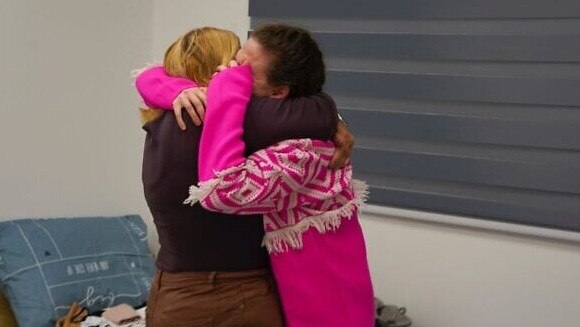
A veterinary nurse and animal lover, Steinbrecher was kidnapped from her apartment in kibbutz Kfar Aza. “They caught me!” she said in a last voice recording to family and friends before she lost contact.
Her mother, Simona Steinbrecher, has tirelessly advocated for her release, speaking to lawmakers in Israel and abroad. “First I will hug her,” she said in an interview with Israeli media last week. “And after I will say sorry that it took so long.”
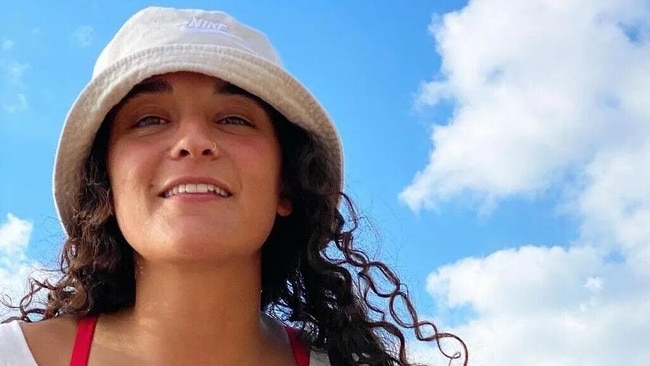
Emily Tehila Damari: “Emily is in Hell”
Damari, a British-Israeli citizen who was also taken from her home in kibbutz Kfar Aza, lost contact with her family the morning of the Oct. 7 attack after telling her family that militants were shooting. Damari was taken along with her friend Gali Berman, who remains in captivity.
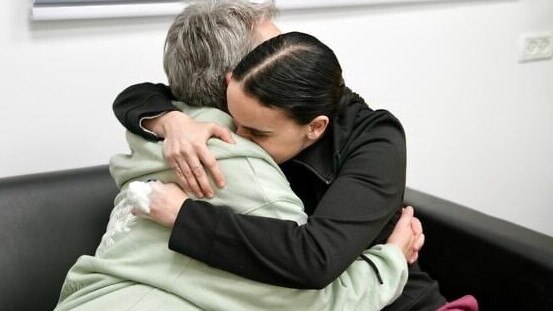
A fan of the Tottenham Hotspur soccer team, Damari’s family had tried to rouse support for her release from the U.K. government.
“Emily and all the remaining hostages are in hell,” her mother, Mandy Damari, said at a rally in Tel Aviv this month. “The times for words of comfort are long gone,” she said.
“Until we see them hugging their families in Israel, our fight will continue,” kibbutz Kfar Aza said in a statement before Emily and Doron’s release. The kibbutz still has three other members being held hostage in Gaza and said it would continue to fight to bring everyone home.
Dow Jones



To join the conversation, please log in. Don't have an account? Register
Join the conversation, you are commenting as Logout